While running an established HOA has its perks, older HOAs may experience challenges that newer ones probably don’t have to worry about, including obsolete electrical systems.
One of the many responsibilities of the association is to uphold the values of the community and perform the necessary maintenance to keep it in tip-top shape. Whether your association has a clubhouse, amenity center, or sports courts, making sure electrical systems for the amenities are functioning and updated accordingly is not only smart, but also necessary.
Electrical system failure can be incredibly dangerous, as malfunctions and aging wires can lead to fire hazards or even electrocution. According to statistics from the National Fire Protection Association (NFPA), electrical systems were the third major leading culprit of house fires from 2014 to 2018, ranking first in causing direct property damage. So, it’s important to take care of your association’s electrical systems to prevent detrimental situations.
How do you know if your HOA’s electrical system is obsolete?
Generally, these systems lose their effectiveness and become unsafe after 30 years. If your association has buildings and structures built more than 30 years ago, it’s time to upgrade the systems. Just because the system appears to be working doesn’t mean that it is fully functional, and it’s always better to safe than sorry.
Some tell-tale signs to look out for include:
- Lights that flicker or dim
- Switches or outlets that feel hot, or appliances easily overheat
- Switches or outlets that smell malodorous
- Cords, outlets, or switch plates that are cracked or discolored
- Fuses that blow out or circuit breakers that frequently trip
- Ground-fault circuit interrupters (GFCI) outlets refuse to reset
- Plugged-in equipment feels tingly to the touch or shuts down without notice
- Outlets that emit sparks
The most common culprits for these issues are obsolete wiring and electrical panels.
According to Underwriters Laboratories, most wiring is only inspected once, which is at the time of installation. Unfortunately, underlying wiring is neglected during surface repairs and is susceptible to deterioration. Modifying the original circuits, along with overloading the system, contributes to a higher risk of failure, as older structures may not have circuit capacity up to modern standards.
Obsolete wiring includes knob and tube wiring as well as aluminum wiring in branch circuits, which were features most commonly used during construction in the 1960s and 1970s. The best course of action for your association with these obsolete systems is to completely rewire the structure.
As for paneling, the service life for fuse panels has also long since expired. Older electrical systems don’t have enough amp capacity for modern homes, so they’re easily overloaded and therefore unsafe. These older panels have issues with over fusing and bypassing fuses, creating a significant danger. It’s recommended to replace these outdated panels with newer circuit breakers that have safer overload protection systems.
The most important defense against obsolete electrical systems is being proactive! First, the board should check the governing documents to see what coverage is required and reassess if that coverage doesn’t seem efficient. Ensuring that your HOA has adequate property coverage under the association’s master policy will protect the community in the unfortunate case the electrical system does cause a fire.
As a best practice, the association should include electrical upgrades under regular maintenance. Your HOA should consider hiring a qualified electrician to inspect, repair, and most importantly, replace systems older than 30 years. Additionally, it’s crucial to budget to replace obsolete electrical wiring panels. Other helpful practices include avoiding the use of power strips, using light bulbs with the proper wattage, utilizing only one plug per outlet, and using GFCI and arc-fault circuit interrupters (AFCIs) and testing them regularly.
Here at Blue Lime, we want to make sure your HOA is properly protected. Reach out to us today to see what insurance coverage is right for your association!





